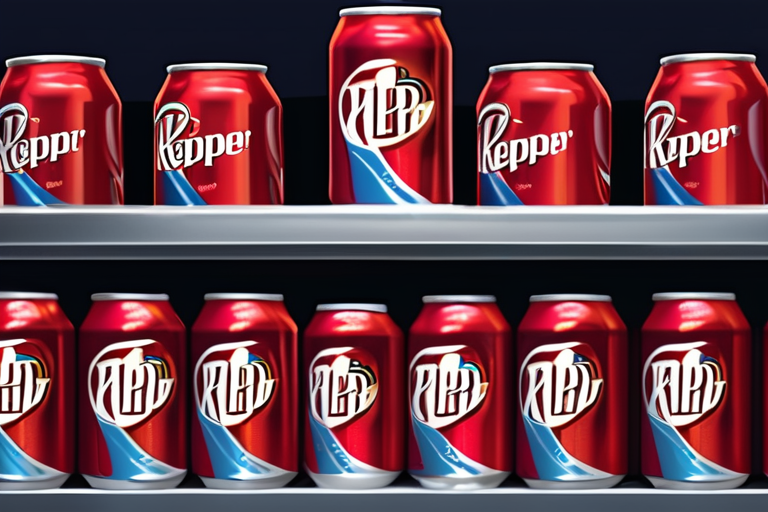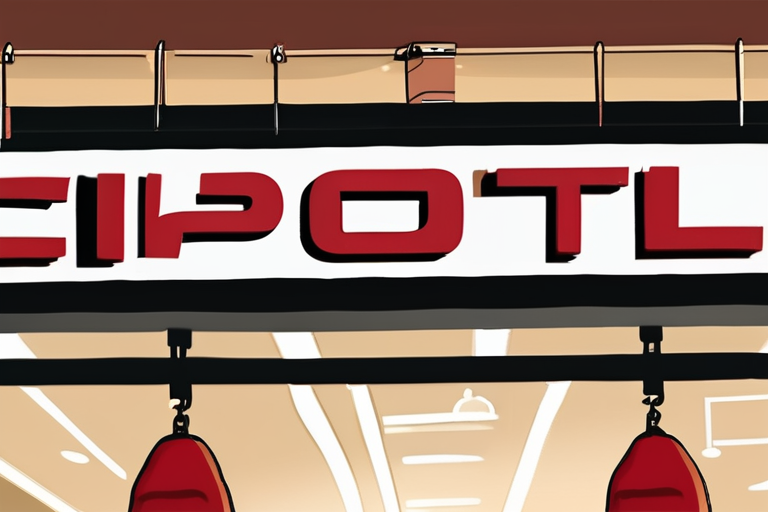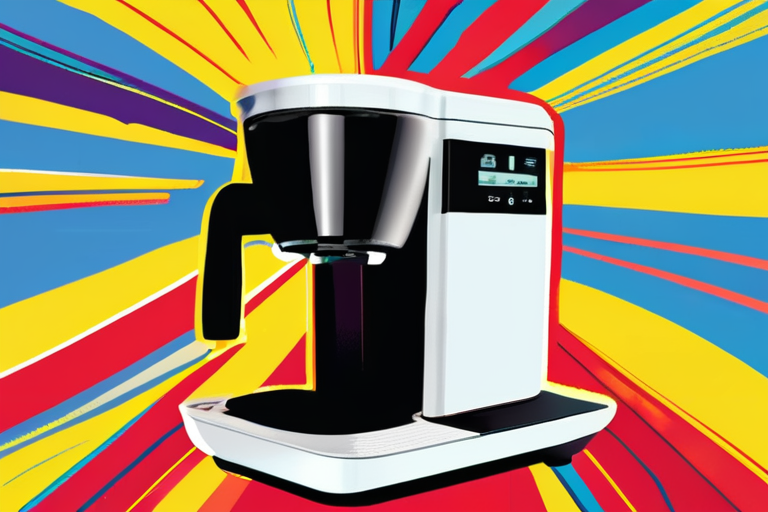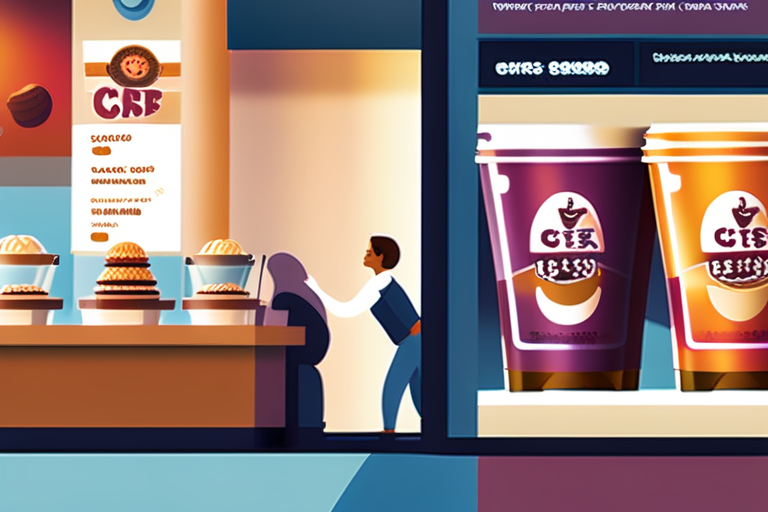Starbucks faced a significant challenge in the US market as Chinese beverage chains, such as Luckin Coffee and Heytea, expanded their presence across the country. The Seattle-based coffee giant had been struggling with declining sales and store closures, which reached over 600 worldwide this year, accompanied by the layoff of approximately 900 corporate employees. This development came amidst a call from New York City mayor-elect Zohran Mamdani for a boycott of Starbucks due to unionized baristas' labor disputes at dozens of locations.
According to recent data, Luckin Coffee has opened over 20 locations in the US, primarily in major cities like New York and Los Angeles. Heytea, another prominent Chinese coffee chain, has also established a presence in the US market, with multiple locations in New York City and Los Angeles. These chains have been able to capitalize on the growing demand for coffee and bubble tea in the US, particularly among younger consumers who are drawn to the unique flavors and premium offerings.
The expansion of Chinese beverage chains in the US market is a testament to the growing influence of Chinese companies in the global economy. According to a report by the US-China Business Council, Chinese companies have invested over $40 billion in the US market since 2013, with a significant portion of these investments focused on the retail and food service sectors. This trend is expected to continue, with many Chinese companies seeking to expand their presence in the US market through strategic partnerships and acquisitions.
The arrival of Chinese beverage chains in the US market poses a significant challenge to Starbucks, which has long been the dominant player in the coffee market. However, the company's struggles in recent years have created an opportunity for new entrants to gain traction. According to a report by Euromonitor International, the US coffee market is expected to grow at a compound annual growth rate (CAGR) of 3.5% from 2023 to 2028, driven by increasing demand for specialty coffee and premium beverages.
The success of Chinese beverage chains in the US market is also driven by their innovative business models, which prioritize speed and convenience through the use of smartphone apps and online ordering systems. This approach has allowed these chains to appeal to busy consumers who value speed and convenience in their daily lives. In contrast, Starbucks has traditionally focused on a more traditional in-store experience, which may be less appealing to younger consumers who are accustomed to digital convenience.
As the US coffee market continues to evolve, it is likely that Chinese beverage chains will play an increasingly important role. According to a report by CB Insights, the global coffee market is expected to reach $85.6 billion by 2025, driven by growing demand for specialty coffee and premium beverages. The success of Chinese beverage chains in the US market will depend on their ability to adapt to changing consumer preferences and to innovate their business models to stay ahead of the competition.
In conclusion, the expansion of Chinese beverage chains in the US market poses a significant challenge to Starbucks and other established players in the coffee market. However, the success of these chains also highlights the growing influence of Chinese companies in the global economy and the importance of innovation and adaptability in the face of changing consumer preferences. As the US coffee market continues to evolve, it is likely that Chinese beverage chains will play an increasingly important role in shaping the future of the industry.


























Share & Engage Share
Share this article